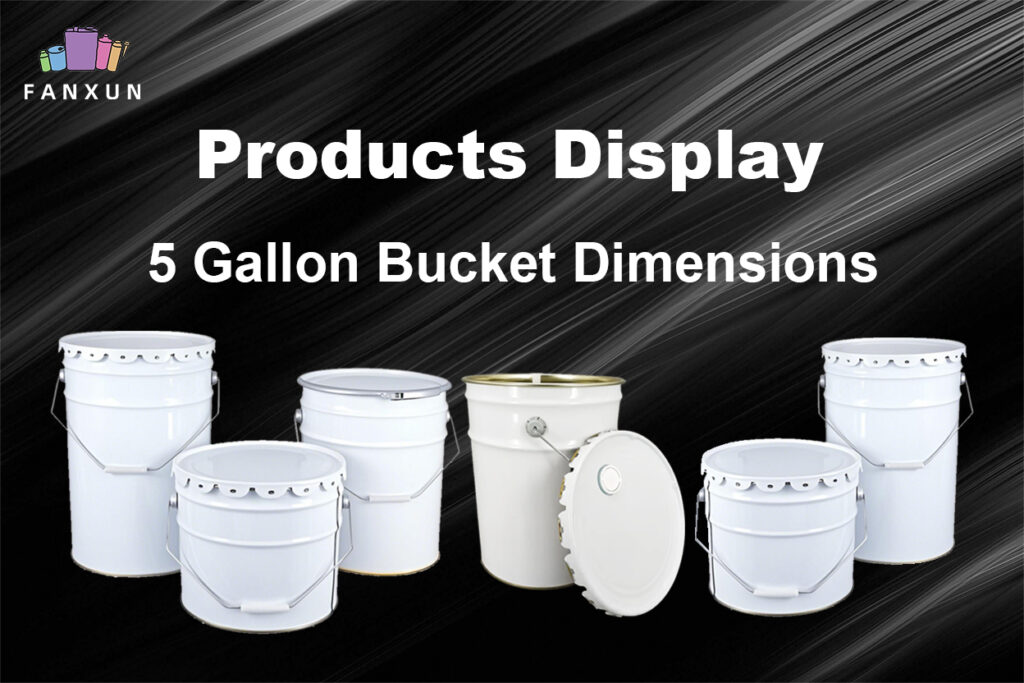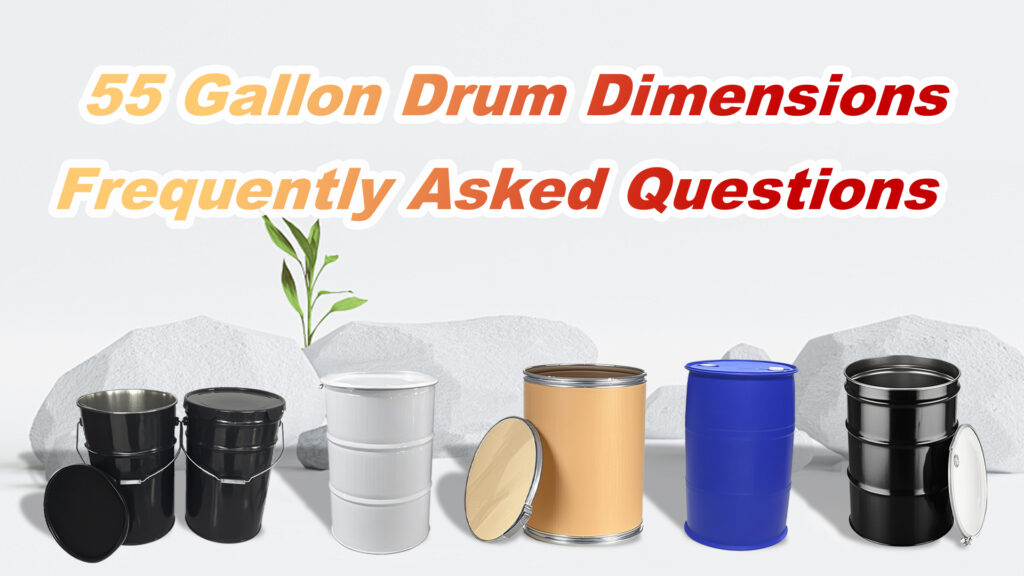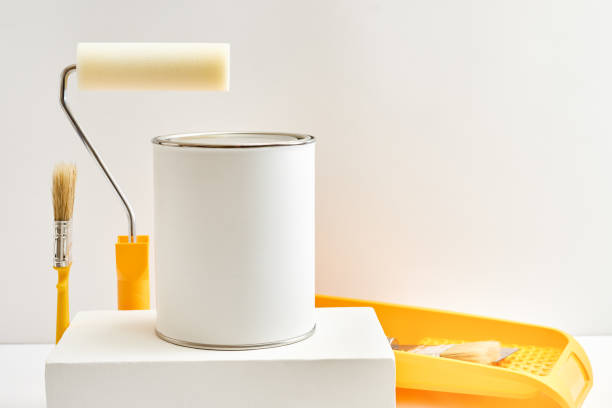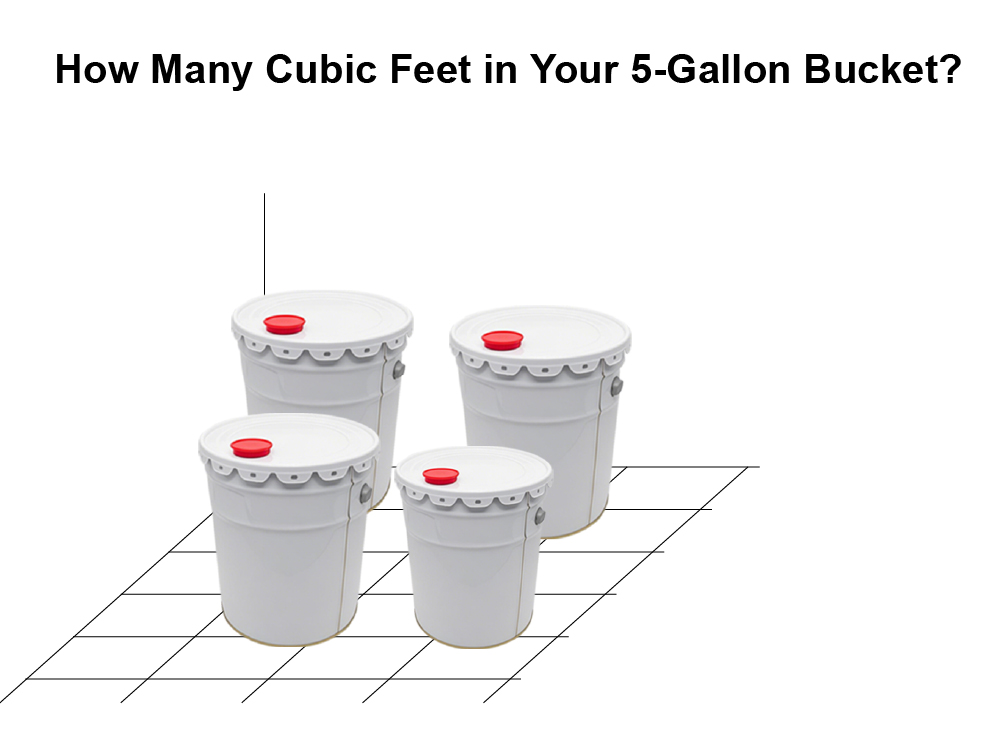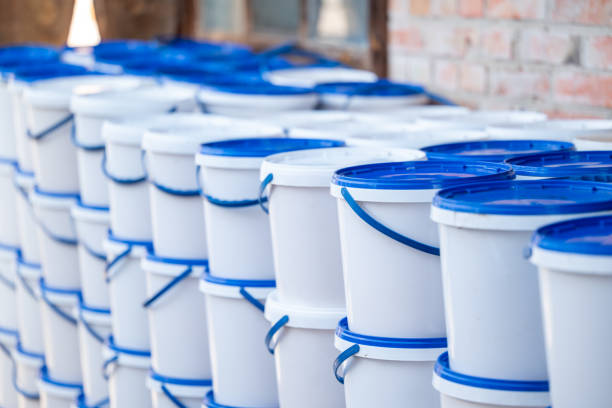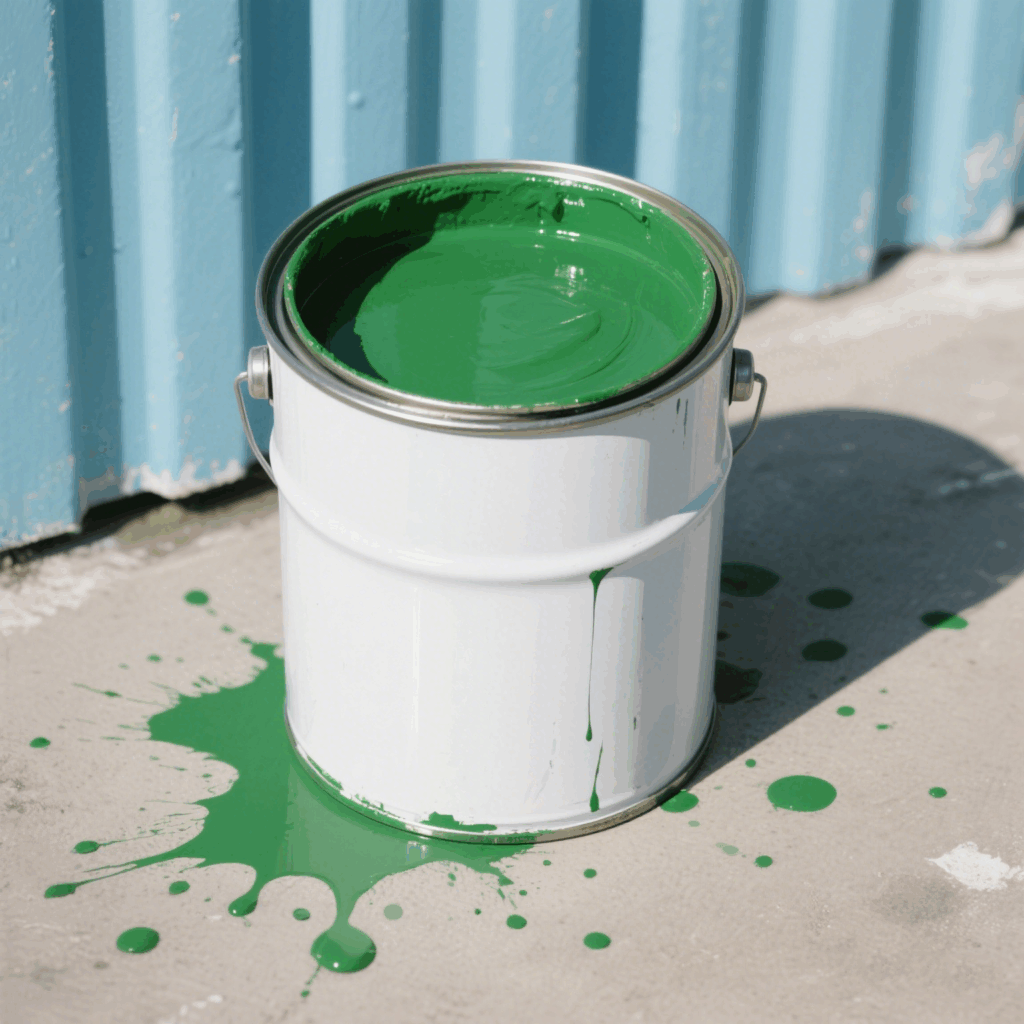กระป๋องสเปรย์เป็นบรรจุภัณฑ์ที่มีเอกลักษณ์และสะดวกสบาย. เมื่อใดก็ตามที่เราพูดถึงพวกเขา, เราต้องการทราบอยู่เสมอว่าพวกเขาฉีดของเหลวเข้าไปข้างในโดยการกดวาล์วอย่างไร. ในความเป็นจริง, กระป๋องสเปรย์ประกอบด้วยของเหลวที่มีจุดเดือดต่ำกว่าอุณหภูมิห้องมาก, ซึ่งเราเรียกว่าจรวด. นอกจากนี้ยังมีของเหลวที่มีจุดเดือดสูงกว่าอุณหภูมิห้องอีกด้วย, ซึ่งเป็นผลิตภัณฑ์สเปรย์ เช่น ผงซักฟอก, ยาฆ่าแมลง, ฯลฯ.
ต่อไป, เราจะใช้การออกแบบที่เรียบง่ายเพื่อแสดงให้เห็นระบบละอองลอยนี้. ในความเป็นจริง, ที่ ผู้ผลิต เทผลิตภัณฑ์ลงในกระป๋องและเติมเชื้อเพลิงขับเคลื่อนก๊าซแรงดัน. ที่นี่, จะมีคำถามว่าเหตุใดจึงเติมแก๊สแรงดัน? เพราะการอัดแรงดันของเหลวทำได้ยากมาก, แต่การอัดแก๊สทำได้ง่ายกว่ามาก. จากนั้นปิดผนึกกระป๋องสเปรย์, และเมื่อผู้ใช้กดวาล์วด้วยนิ้ว, ของเหลวที่อยู่ข้างในถูกพ่นออกมาเป็นหมอก

เกี่ยวกับกระป๋องบรรจุสเปรย์
กระป๋องสเปรย์เป็นภาชนะสำหรับเก็บสเปรย์. เพื่อให้ผู้ใช้สามารถกดวาล์วเพื่อให้ผลิตภัณฑ์ละอองลอยไหลออกมาอย่างสม่ำเสมอ, ผู้ผลิตกระป๋องสเปรย์ต้องใช้ปั๊มหรือเครื่องอัดเพื่อบีบผลิตภัณฑ์สเปรย์ลงในกระป๋อง. โดยทั่วไป, ความดันในการเก็บรักษาผลิตภัณฑ์สเปรย์ในกระป๋องคือ 2 ถึง 8 เท่าของความดันบรรยากาศปกติ. ข้อมูลนี้มักจะพิมพ์อยู่ที่ด้านหลังของกระป๋องสเปรย์, พร้อมคำแนะนำ “ภาชนะที่มีแรงดัน” และ “เนื้อหาที่เก็บไว้ภายใต้ความกดดัน”.
วาล์วและท่อ
ในแต่ละกระป๋องสเปรย์, มีท่อพลาสติกยื่นออกมาจากก้นกระป๋องถึงตัวกระป๋อง วาล์ว ที่ด้านบนของกระป๋อง. เมื่อผู้ใช้ใช้นิ้วกดวาล์วละอองลอย, ความดันที่ด้านบนของละอองลอยจะลดลง, และผลิตภัณฑ์ในกระป๋องจะถูกพ่นด้วยแก๊สแรงดัน. อย่างไรก็ตาม, หัวฉีดที่อยู่ด้านบนประกอบด้วยรูเล็กๆ อยู่บ้าง. เนื่องจากของเหลวถูกท่อและหัวฉีดอุดตันบางส่วนเมื่อถูกบีบออก, รูเล็กๆ ของหัวฉีดถูกใช้เพื่อสร้างก๊าซหมอกที่เราเห็น. ดังนั้น, สามารถพ่นของเหลวที่มีรูปทรงต่างๆ เช่น โฟม และเจลได้ตามผลิตภัณฑ์และประเภทหัวฉีดที่แตกต่างกัน.
ทำไมกระป๋องสเปรย์ถึงมีเสียงสั่น
บางครั้งเมื่อเราใช้ผลิตภัณฑ์สเปรย์บางชนิด, เราเขย่าก่อนใช้. เมื่อเราเขย่ามัน, จะมีเสียงกึกก้อง. เนื่องจากกระป๋องสเปรย์บางชนิดจะมีลูกบอลโลหะเล็กๆ อยู่ในนั้น. เมื่อเขย่ากระป๋อง, มันจะชนกับตัวกระป๋อง. ทำไมต้องวางไว้ตรงนั้น.? เพราะสินค้าบางชนิดจะเกาะอยู่ที่ก้นกระป๋องเมื่อเวลาผ่านไป. บทบาทของลูกบอลโลหะคือการช่วยกวนและผสมละอองลอยภายในอย่างเต็มที่เพื่อให้ผู้ใช้ได้รับประสบการณ์ที่ดี
ปัจจัยที่ส่งผลต่อรูปแบบการพ่น
มีหลายปัจจัยที่ส่งผลต่อประสิทธิภาพการพ่นของกระป๋องสเปรย์. ถ้าคุณไม่ใส่ใจ, มันจะส่งผลต่อประสิทธิภาพของสเปรย์ของผู้ใช้.
ความดันภายใน
อย่างแรกคือแรงดันภายในของกระป๋องสเปรย์, ซึ่งกำหนดระยะและความสม่ำเสมอของสเปรย์ได้โดยตรง. เมื่อผู้ใช้กดหัวฉีดด้วยแรงกดที่เหมาะสม, สามารถปล่อยผลิตภัณฑ์ได้อย่างสม่ำเสมอ. หากแรงดันต่ำเกินไป, สินค้าจะพ่นน้อยหรือไม่ได้เลย. หากแรงดันสูงเกินไป, จะมีการฉีดพ่นผลิตภัณฑ์มากเกินไป, ส่งผลให้การฉีดพ่นไม่ดี.
การออกแบบหัวฉีด
รูปร่างและขนาดของหัวฉีดจะส่งผลต่อระดับการทำให้เป็นละอองของของเหลว. หัวฉีดที่ดีสามารถฉีดพ่นได้ละเอียดอ่อนและสม่ำเสมอ. นอกจากนี้, ความหนืดของของเหลวก็เป็นปัจจัยสำคัญเช่นกัน. ความหนืดสูงเกินไปอาจทำให้การพ่นไม่ดี, ในขณะที่ความหนืดต่ำเกินไปอาจทำให้การพ่นไม่สม่ำเสมอ.
อุณหภูมิแวดล้อมและองค์ประกอบของก๊าซ
อุณหภูมิแวดล้อมและองค์ประกอบของก๊าซยังส่งผลต่อประสิทธิภาพของสเปรย์อีกด้วย. การเลือกอุณหภูมิและเชื้อเพลิงที่เหมาะสมสามารถเพิ่มประสิทธิภาพการฉีดพ่นได้. ในที่สุด, มุมและระยะห่างของการพ่นยังต้องปรับตามสถานการณ์เฉพาะเพื่อให้แน่ใจว่าได้ผลการครอบคลุมที่ดีที่สุด.
ไม่ว่าคุณจะเลือกใช้สเปรย์ชนิดไหน, คุณสามารถมั่นใจได้ว่า ฟานซุน มีความเชี่ยวชาญและผลิตภัณฑ์กระป๋องสเปรย์คุณภาพสูงเพื่อตอบสนองความต้องการบรรจุภัณฑ์ของคุณ. โปรดดูของเรา กระป๋องสเปรย์ สายผลิตภัณฑ์เพื่อค้นหาผลิตภัณฑ์ที่คุณต้องการ, หรือ ติดต่อเราวันนี้.















